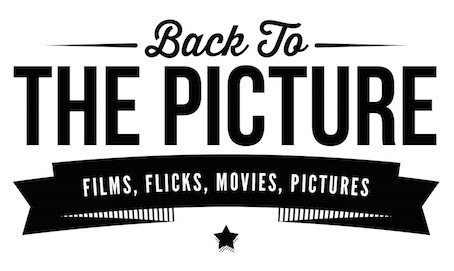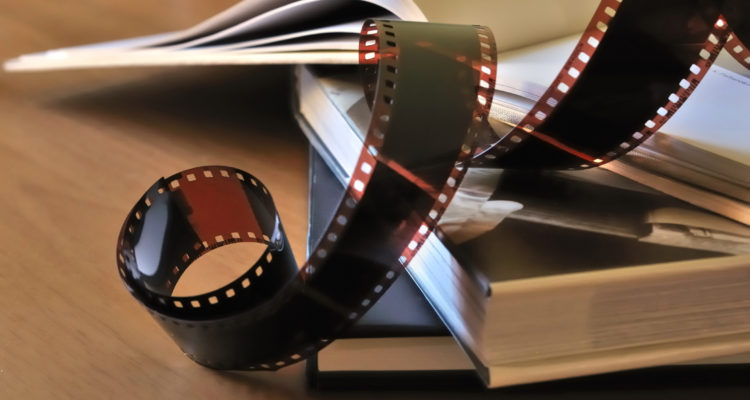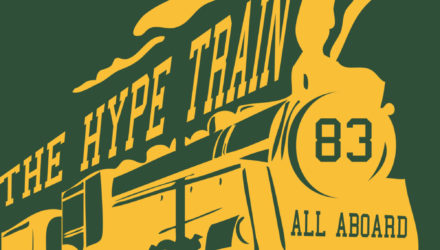I finally got a chance to see The Dark Tower the other day, you know, the newest adaptation of yet another great Stephen King novel, the one that’s basically the be all end all in the King-verse and his grand work that weaves most of his other stories and characters seamlessly into the conflict of the last gunslinger way before the term “shared universe” was even a thing. Going in I was shamelessly optimistic. After all, the trailers seemed okay, and the casting seemed pretty spot on, but the overall feeling I got from what I saw before stepping into the theater was that something was…off, something – as many novel to screen, comic to screen and even television to screen adaptations show (video game adaptations are just a lost cause as of right now) – was not adding up the way it was supposed to. Flash-forward an hour or two later to the end credits and I couldn’t seem to get out of my seat. No, I wasn’t paralyzed by the near perfect depiction of characters I loved, nor was I stuck to my seat by the gripping finale that had me more on the edge of it than actually in it (sarcasm works sometimes, right?). No, I was completely dumbfounded by what I had just seen up onscreen, frustrated at the way the final cut turned out, and more importantly, confused as to why this adaptation even got made in the first place.
In short, I was still sitting in my seat, completely oblivious to the cleaning staff around me, wondering why we couldn’t have nice things when it comes to film adaptations and the source material we love. It shouldn’t be this hard.
Now first things first, not all film adaptations are bad, very far from it, but in more recent years, and with the more popular adaptations, there has been way more misses than hits. While any number of reasons could be behind a bad adaptation or even a bad film in general i.e. weak direction, incompetent script, shoddy special effects, rushed production – the reasoning behind a lot of these failures, at least when it comes to adapting something that has come before, always seems to be the same: an inherent misunderstanding of the characters, world, story and ideas core to the material that’s being adapted. That and the fact that more money needs to be made, but that’s a necessary evil of the industry that won’t go away anytime soon, so let’s focus on the botched creative end of things for the moment.
Before I start, some examples of the bad adaptations I’m talking about: The Da Vinci Code, The Golden Compass, The Last Airbender, Valerian and the City of a Thousand Planets, that new Fantastic Four reboot, anything split into more than one film when it’s supposed to be just one *cough* The Hobbit trilogy *cough*, the newest Transformer sequels – the list can go on and on, but you get the point. All of these examples are just the tip of the iceberg when it comes to adaptations that have failed their source material miserably. Some have been able to transcend their awfulness and make a lot of money, or even find a way to wiggle into “guilty pleasure” territory, but all have the same problems in common wherein the original source material was stripped or changed to a point where even the hardest of hardcore fans have to take a second to think about what they just watched.
But the problem doesn’t lie in the source material; there wouldn’t be any films getting made based off of any of this stuff if there wasn’t already some good sprinkled throughout the original content, no, it comes down to the creative people involved and their misconstrued view of what they think will work onscreen. Reboots and remakes are prime suspects of this thinking, always trying to change or update things in the “best” way possible, but usually doing more harm than good. Obviously no one sets out to make a bad film, so to me, avoiding this type of adaptation mess seems pretty obvious: if it ain’t broke, don’t fix it and if it doesn’t need to be fixed, then buckle down and fortify it until it becomes even better than the original.
There are certain changes that work with an adaptation, namely cutting unnecessary or drawn out plots, fine tuning what already didn’t work in the original material and so on, but when it comes down to it, it’s the changes that ruin the movie too, just at a level that makes no sense creatively, thematically and logically. There’s no reason why most of these bad adaptations had to be anything but, especially if the source material is even halfway decent. You have what you need right in front of you, every plot point, story beat and inside thought of a character are all right in front of you, leaving almost nothing to the imagination yet still, even with high profile films like The Dark Tower, somewhere along the line something gets thrown off. Somewhere in the turning cogs that is the film industry, someone thought that this idea was better than that, that this wacky part in chapter 5 isn’t worth putting onscreen when chapter 5 was the exact reason why fans love it so much. It’s an odd way of making a film and by taking away and changing so much about what people love in the hopes of forcing more people to love it, nobody wins. It all comes out like yet another attempt to cash in on something popular when all they had to do was treat the material like it deserves to be treated, not like some new way of pushing the next franchise through the door.
You don’t need to be a rocket scientist to understand that a bad choice in casting, altering something that’s pivotal to the story, or embellishing beats that were a sore thumb to begin with aren’t going to fly well with fans and by extension, the general audience alike. You don’t need to crack the code of making the perfect adaptation in order to make every single person who will ever see it like it more than the material it’s based off of, you just need common sense and passion for what you’re creating with the understanding that this isn’t some new and original content you’re making up, this is the culmination of something great that people love that just so happened to finally get it’s shot at the silver screen. If you need an example of how to do something like this right, see Deadpool and how successful that film was creatively, critically and commercially, all because the filmmakers had enough passion and attachment to the material that they couldn’t sit by and watch another Wolverine: Origins debacle ruin the character fans adore. Nope, they simply took the material at hand, saw what makes it great and why people love it so much, budgeted the movie accordingly and now you have one of the most faithful, popular and lucrative franchises in all of Hollywood all because someone cared enough to understand what they were adapting before they even tried. The battle those filmmakers faced to do justice to the source material was long and drawn out, but in the end was worth it, again solidifying the fact that these types of projects have to come from a different place than usual, a place where the characters and story reign supreme rather than the flashiness, star power and money making aspects of it all.
In the end, these movies really aren’t made to satisfy the core group of fans; they’re made to make money (duh!), and to bring new fans into the fold so the circle of get money, get paid revolves around and around the way it should, and while you can’t fault the movie business for being just that – a business – it’s hard to understand where these filmmakers come from when at the end of the day they’re not making a product anyone wants to see, fans or casual moviegoers alike. After all, the industry is only as good as the movies they make, and if studios are too scared to invest in something truly unique and original, then they sure better start getting the basics down when it comes to making these adaptations right.





